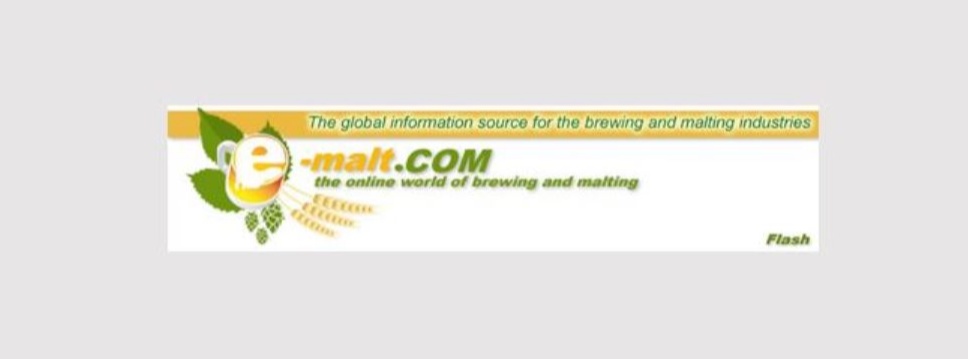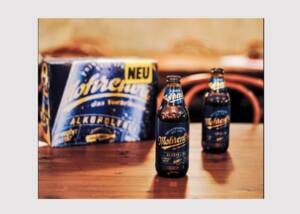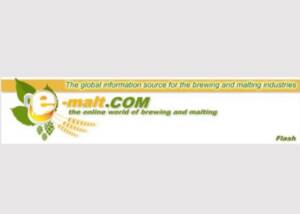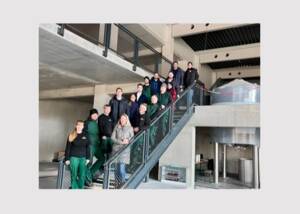Bolivia: Beer industry facing brewing concerns over new government measure
News General news
A recent government measure has sparked alarm and discontent among producers and entrepreneurs in Bolivia’s beer industry. Although the specifics of this measure are not detailed in the provided content, the implication suggests a significant negative impact on the sector, potentially affecting beer production, marketing, or regulation in the country, bnnbreaking.com reported on December 22.

This development has prompted those involved in the industry to express concern, indicating that there could be adverse consequences for businesses, employees, and beer consumers. The industry’s reaction suggests that the measure might have been unexpected or its effects not fully evaluated before implementation.
The unrest in the sector underscores the importance of beer in the local economy and the role it plays in employment and leisure. The news highlights the need for a dialogue between the government and representatives of the beer industry to address concerns and seek solutions benefiting both sides and consumers.
In a related context, tax evasion due to illegal alcoholic beverages in Bolivia reaches $380 million per year, equating to 20% of the country’s total alcohol market. This situation directly affects the national industry, as 75% of this market consists of smuggled merchandise. According to a study, the money lost by the state over the past seven years due to illegal alcohol trade could have built 22 third-level hospitals, each with 200 beds.
Additionally, tax evasion from illegal alcohol has prevented the creation of 730 health sector items each year and over 42,000 positions in the education sector in the last seven years. On a brighter note, the state-owned Yacimientos de Litio Bolivianos (YLB) plans to generate at least Bs 300 million in 2024 with the production of between 3,000 and 4,000 tons of lithium carbonate, and over Bs 1,000 million in 2025 with the production of 15,000 tons of the soft metal.










